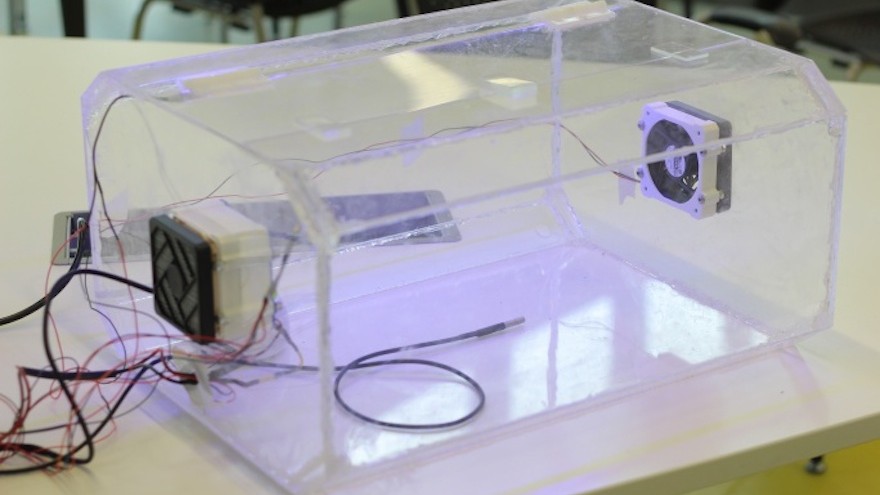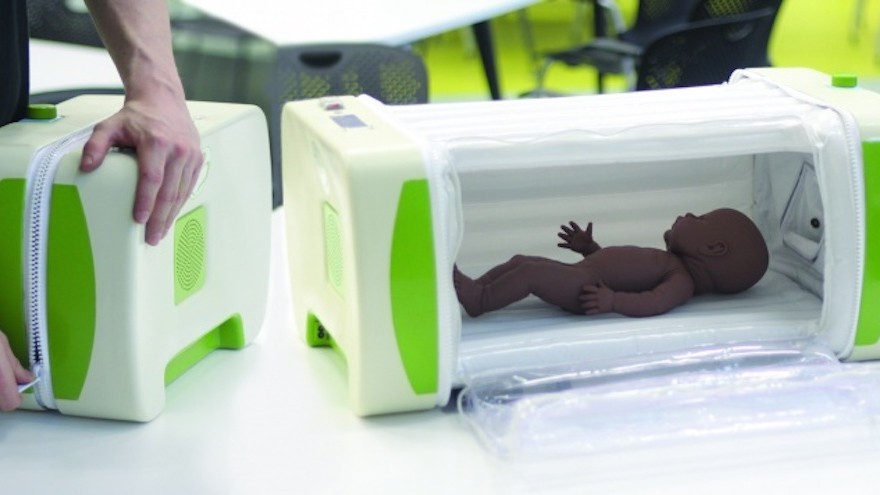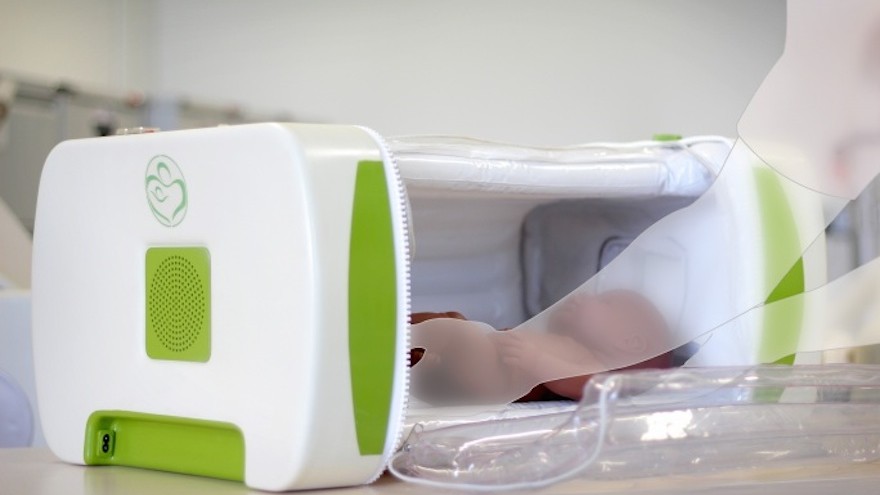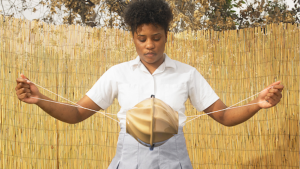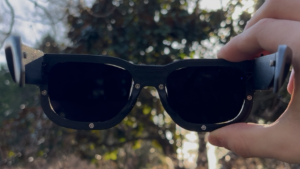From the Series
Every year an estimated 150 000 children are born within refugee camps around the world. Thousands of these babies die due to lack of sufficient medical equipment, in particular incubators, which are vital for low-weight babies who have little chance of survival if their body temperatures are not artificially regulated.
In 2014, Loughborough University graduate James Roberts won the coveted James Dyson Award for inventing an incubator for babies born prematurely in refugee camps. The incubator, called MOM, is flat-packed for easy transportation and uses electronic components that are designed to use as little power as possible. In fact, it needs so little power that one incubator can run off a car battery for just over 24 hours if there is no power supply.
The central component of MOM is a sheet of plastic that contains transparent inflatable panels. These panels can be manually blown up and are then heated by a ceramic element that wraps around the interior of the incubator. An Arduino computer is used to regulate the temperature and humidification as well as sound an apnoea alarm. The system also runs a phototherapy lamp to treat jaundice.
The incubator’s modular design means that parts can be sterilised and if necessary replaced if they are damaged, without having to replace the entire unit.
Roberts did extensive research before developing his first prototype. He was inspired by a BBC documentary that highlighted the plight of women who give birth in refugee camps that are devoid of resources and equipment that keep babies born with complications alive. The number of premature births and subsequent deaths due to the environment is increasing so rapidly that authorities are referring to these babies as “the lost generation”.
MOM’s only shortcoming is the fact that it’s not suitable for high-end care required for babies born before seven months of the gestation period, but for babies with low-care needs it could be a lifesaver. An enormous benefit of the incubator is the cost: a standard incubator costs £30,000 but a MOM can be manufactured, tested and delivered to a refugee camp for approximately £250.
With the £30,000 award money, Roberts hopes to have manufactured enough incubators to begin distribution to refugee camps by 2017.

